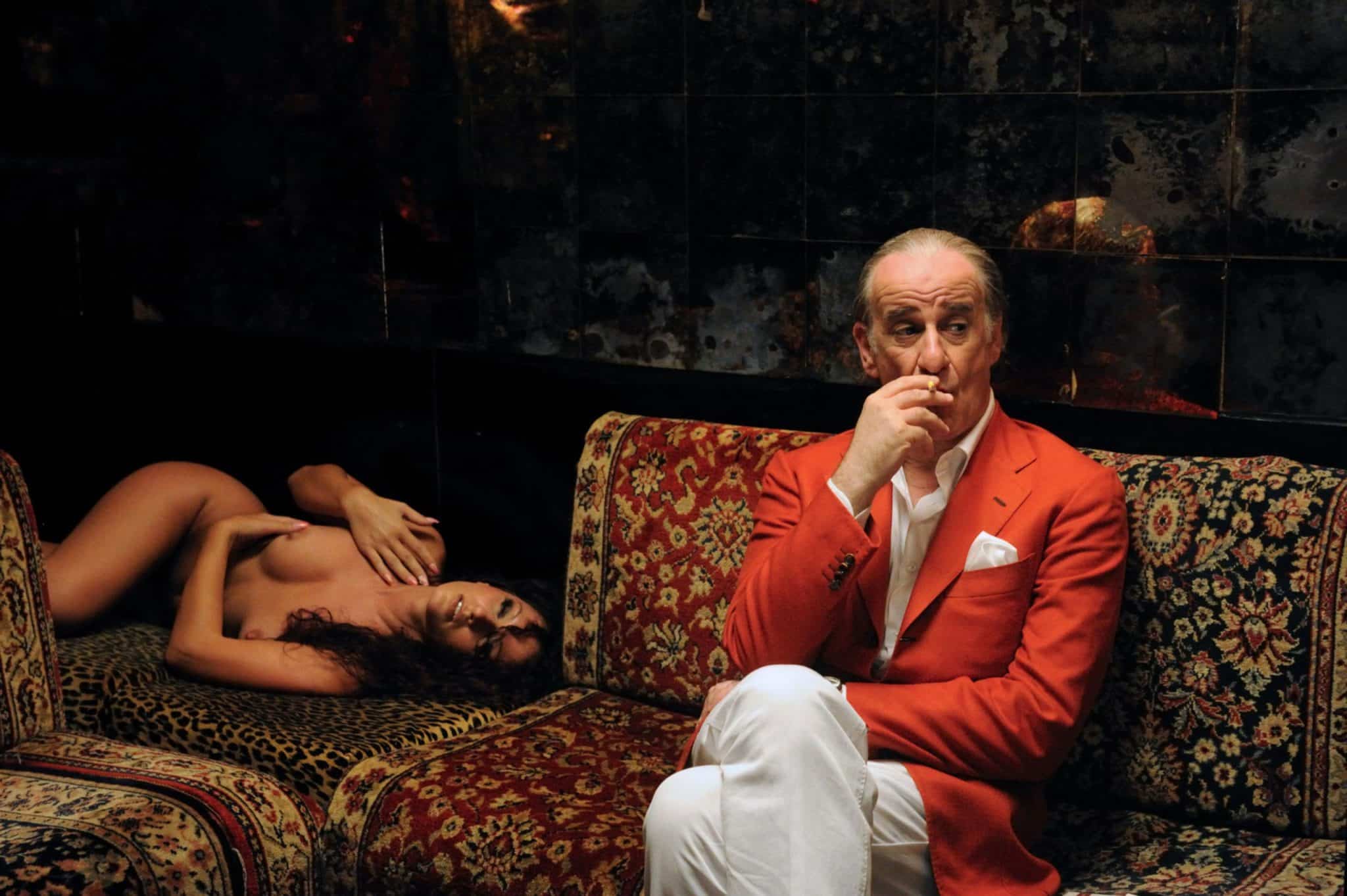Art & Photography, Confessions, Culture


He is one of the great actors of our time, and although Toni Servillo is more widely recognised in film roles—namely with long-time collaborator Paolo Sorrentino—his first love was the stage. In some ways it remains his true love, he tells us, continuing to direct and perform with his own theatre, the Teatro Studio in Caserta. His theatrical work is diverse and deeply thoughtful; Servillo has a poetic, studied approach to the art-form that sees him engage in projects one might suggest he has embarked on for his own sense of creative happiness. The cinema has made him a star, but he is unquestionably an artiste on the boards. In 2014, he embarked on a worldwide tour of Inner Voices, a work by fellow Neapolitan Eduardo De Filippo, which he directed and took on in the leading role. Five years later, Servillo created a documentary titled Il Teatro al Lavoro, dedicated to the great French actor Louis Jouvet. It reveals his process, as well as his philosophy on the stage. Then there is the operatic work, countless more plays, and of course, the cinema: The King of Laughter (2021) saw him portray the great Neapolitan comedian Eduardo Scarpetta.
When asked which medium he prefers to work in, Servillo returned to a quote from Jouvet: “To ask if an actor prefers the theatre or cinema, is to ask a fish if it prefers the water or a chlorinated swimming pool.” Here, he reflects on the theatre: why it matters and what it means to him.
On falling in love with the stage
The first show that I remember with great emotion, seen when I had already started in this work, is Tadeusz Kantor’s Dead Class, which impressed me for its unique approach, that consisted in having the audience and the actors together on stage, with actors and mannequins almost indistinguishable from each other, and especially for the contemporary presence on stage of the author and director—the same Kantor—as the conductor. I certainly discovered the theatre before the cinema. I had practised theatre as an actor and director between the ages of twenty and forty, and then I starred in leading roles in film.
On the last production that made an impact
I would say—without a doubt—Robert Carsen’s direction of Pushkin’s Eugene Onegin.
On the difference in directing the theatre and film
Working with the actors in the theatre is proportional to the life of the show: it begins with the first rehearsal and ends with the last, so it can extend over years, exactly like a craftsman who each day perfects their work. In the cinema, however, the timeframe is much tighter and so effective acting must be uncovered even in a single day. In my experience, they therefore offer two types of completely different challenges.
On Neapolitans as fine actors
I think that Neapolitans and Sicilians, in particular, have a propensity to create a second identity that seems to bring them more naturally towards acting. Neapolitans with a more comedic spirit, Sicilians with a more tragic spirit. On the other hand, an anthropologist has defined Neapolitans as a people with a ‘recited’ social behaviour.
On portraying legendary Neapolitan ‘Sciosciammocca’ Eduardo Scarpetta in The King of Laughter.
I approached the character of Eduardo Scarpetta by imagining him as an animal that precisely marks the boundaries of its territory, and then begins the hunt. His prey are, from time-to-time, the theatre, actors, women, food, or even the public…Is there the ‘Sciosciammocca’ persona [a wide-eyed naivety] in me? There is always something personal that an actor brings to the roles he plays. But I always prefer if the strength of the character obliges me to confront them with something that is especially different to me.
On the humbling power of the theatre
It is in the nature of theatre to keep your feet on the ground because of the constant verification that takes place evening-after-evening, that puts you face-to-face day-after-day with the quality of your craft. It is my opinion that, for an actor, there is nothing more frustrating than a failed theatrical rehearsal. But it is unrecoverable, and so you must naturally be strong enough to return and start over the next day.





